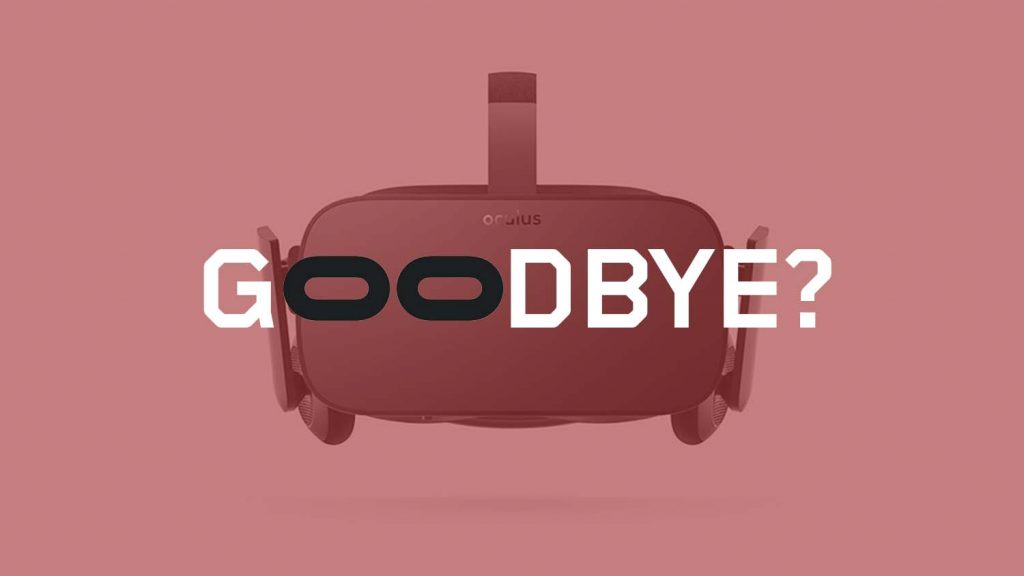Oculus has announced that as of October 2020 all its VR hardware will require a Facebook account to log in with, meaning the headset that played an important role in democratising VR uptake might just have taken its first steps out of the enterprise sector.
If you’re an existing Oculus user and choose not to merge your Oculus and Facebook accounts, you can continue using your Oculus account for two years, before it will transpire, and a Facebook account will be needed for ‘full functionality’.
The move comes as parent company Facebook looks to push the platform further towards what it’s coining as ‘Social VR’.
The goal is to make it easier to find, connect, and play games with friends in VR, while integrating features Facebook users will recognise.
However, this will leave many enterprise users in the lurch – not wanting to have to create an intrusive social media account for work.
Oculus maintains that users will be able to maintain a unique VR profile within their Facebook profile, with VR visibility and activity settings, however it also admits that some purchased apps may no longer work because a developer has chosen to no longer support the app.
For designers working in or using VR to share content with stakeholders, the idea that new privacy and safety tools from Facebook will take precedent will likely be of some concern.
This likely signals a move away from the enterprise sector, where its low cost VR headsets, alongside those from rival HTC, have had some success in the 3D design and engineering workflow over recent years.
While these are now being largely pushed out by higher specced ‘pro’ VR and mixed reality headsets from the likes of Varjo, VRgineers, Microsoft and HP, it likely reduces the advances of entry level tech that have helped anchor prices and enable wider adoption.






